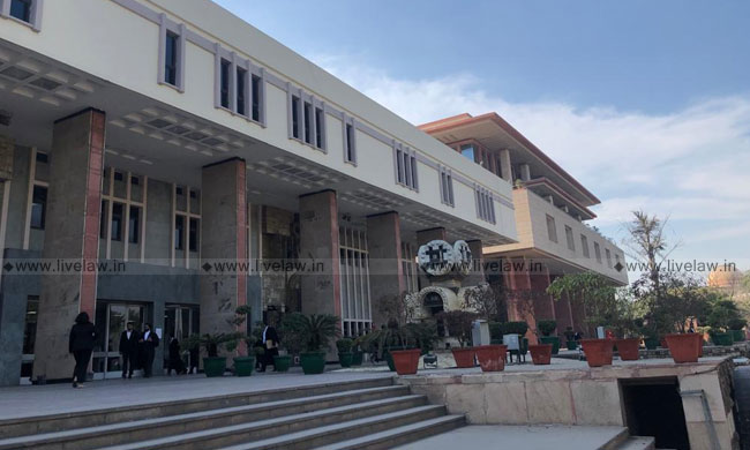Plea In Delhi High Court Challenges Vires Of Criminal Procedure (Identification) Act, 2022; Hearing Tomorrow
Nupur Thapliyal
20 April 2022 7:33 PM IST

Next Story
20 April 2022 7:33 PM IST
A plea has been filed in the Delhi High Court challenging the vires of Criminal Procedure (Identification) Act, 2022 as being unconstitutional, illegal and void. The Act allows the collection of biometrics of prisoners. The Act received Presidential assent yesterday.A division bench comprising of Acting Chief Justice Vipin Sanghi and Justice Navin Chawla will be hearing the matter tomorrow....
